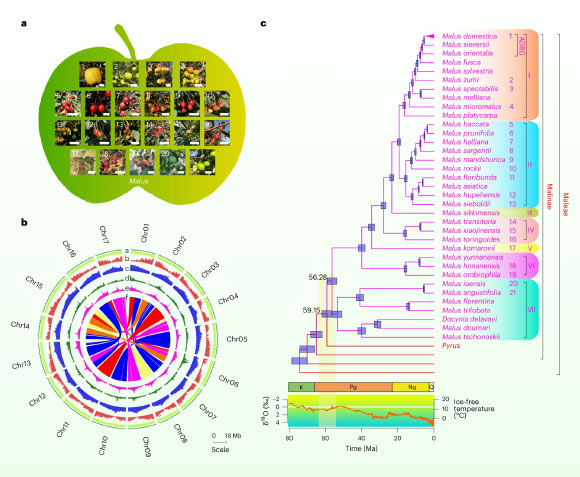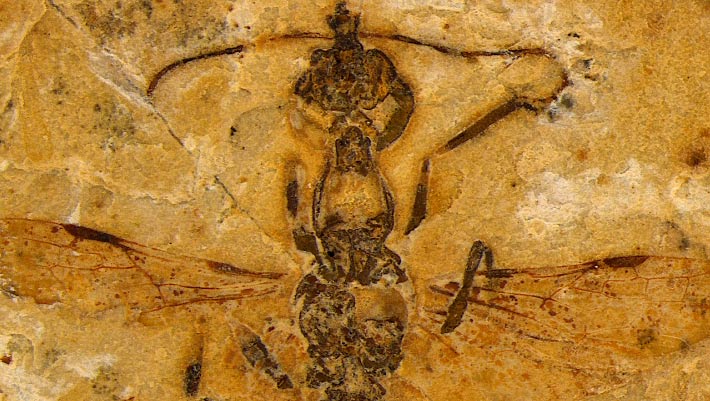Now Reading: Genomic Study Unveils Evolution and Diversity in Apple Genus
-
01
Genomic Study Unveils Evolution and Diversity in Apple Genus
Genomic Study Unveils Evolution and Diversity in Apple Genus

Quick Summary
- Study Focus: New research delves into the evolutionary history adn diversity of the Malus genus, wich includes apples (Malus domestica) and their wild relatives.
- Species Analyzed: Genomes of 30 members of the genus sequenced, with 20 diploid species and 10 polyploid species identified. Polyploidy likely resulted from hybridizations.
- Findings:
– Origin traced to ~56 million years ago in Asia via biogeographical analysis.
– Hybridizations and whole-genome duplications observed among species.
– pan-genomics used to compare shared genes, structural variants, transposons, and genome segments influencing traits like disease resistance.
- Applications:
– Identification of gene regions linked to resistance against apple scab disease (a global fungal concern).
– Discovery of traits for cold resistance in wild malus, possibly tied to less desirable fruit taste in breeding efforts.
- Implication for Breeding: Structural variation study suggests balancing tastiness with resilience could enhance future apple varieties.
Indian Opinion Analysis
This research provides a revealing insight into the genetic makeup of apples and their wider genus (Malus). From an Indian agricultural viewpoint, this could inform better cultivation strategies as India is one of the world’s major apple producers. The discovery that beneficial traits like disease resistance and cold adaptation exist alongside undesirable properties presents both challenges and opportunities for improving yield quality-a consideration important amidst rising climate variability. Integrating advanced genomic tools such as pan-genomics may aid Indian researchers looking to balance crop resilience with consumer preferences.
Additionally, strengthening India’s influence within global agricultural genomics highlights another avenue where these findings can be applied. Local breeding programs can leverage this data while striving toward sustainability in production.

























